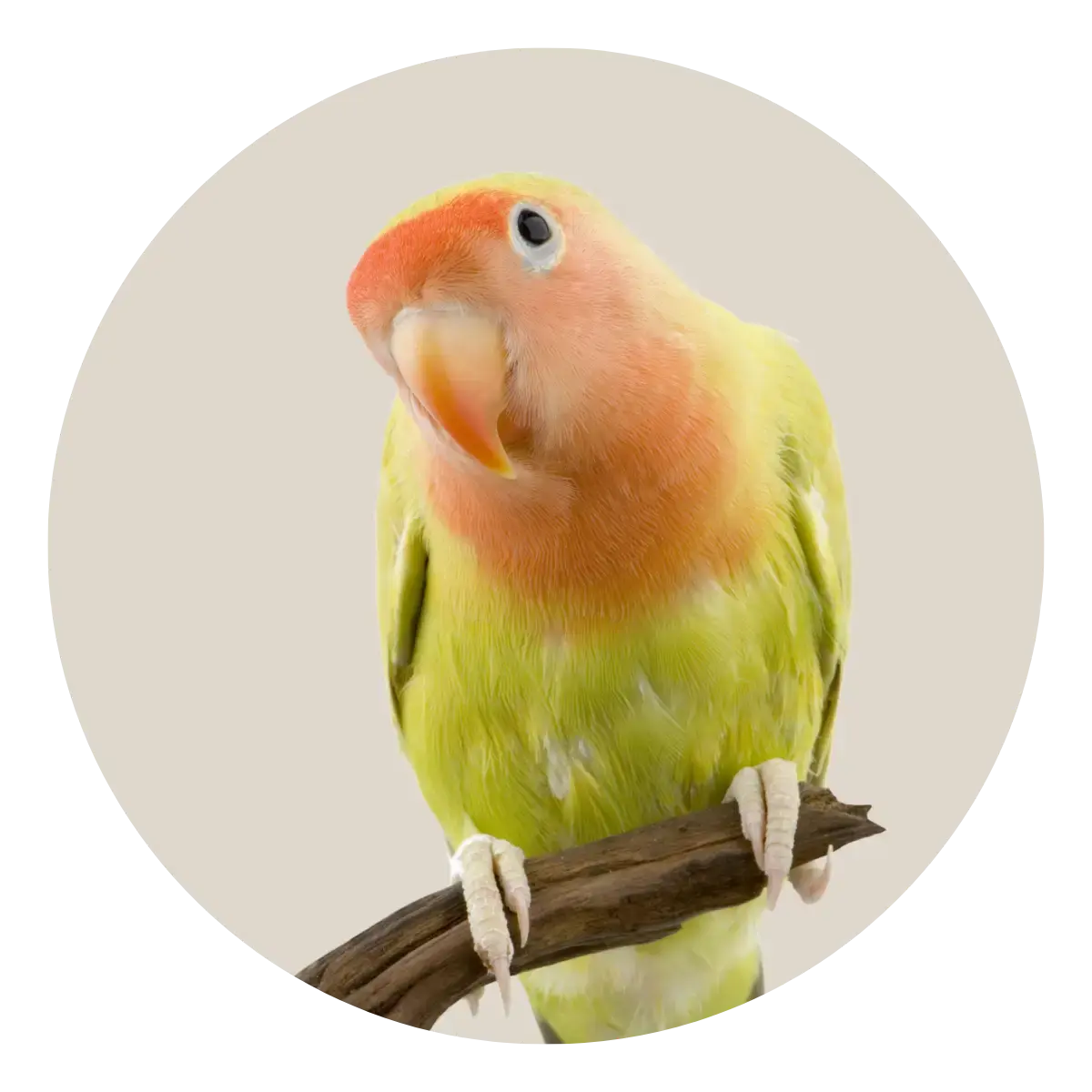Cats: Destructive Scratching
The trick is to teach your cat what they can scratch—and what is off-limits.
Scratching is a normal, instinctive cat behavior. Cats have a need to scratch. They do it to express emotions, like excitement or stress, to mark objects with their scent (they have scent glands in their paws), to remove the dead part of their nails and, often, just to get a good stretch.
It’s also worth keeping in mind that cats do not think in terms of right or wrong. In fact, they don’t have any concept of doing the right or wrong thing. Cats only think in terms of meeting their needs. When a cat has a need to scratch, the answer to the question, “Where should I scratch?” is not “What do the humans prefer?” but “Where do I prefer to scratch?"
As cat owners, the goal is to provide your cat with options that both cat and owner prefer. Here’s how to do that:
Provide your cat with something to scratch that, from their point of view, is more desirable than your couch or the legs of your dining room table.
Cats prefer to scratch tall, sturdy objects that allow them to dig their nails in and get a good grip. That’s why cats tend to scratch furniture. Most cats prefer (even more than furniture!) a scratching post that is at least 32” tall, will not wobble when scratched, and made of a type of rope called sisal. Some cats prefer to scratch horizontally, in which case you can either place the vertical scratching post on its side or find a sturdy sisal-covered horizontal scratcher. Some cats like scratching corrugated cardboard as well. Another ideal scratching surface is wood, so if you are handy you can create your own scratching post or pad. Just make sure it’s tall or long enough and sturdy.
Place the scratching post in a location where the cat wants to scratch.
If your cat enjoys scratching the couch, place the scratching post next to the couch. If your cat enjoys scratching the wall by your front door when you come home, place the scratching post near your front door. Location matters!
Introduce your cat to the scratching post.
You know that you have the best scratching surface for your cat, but your cat doesn’t know that yet. The easiest way to introduce your cat to the post is to play with them around the post; for example, using a fishing rod toy or laser light, so that in the midst of play they will interact with the post. You can also rub catnip on the post for the first several days, which will typically lead the cat to investigate it. It is very important that you do not carry your cat to the scratching surface and rub their paws on the surface. This may seem harmless, but this can create a stress response in some cats and lead them to avoid the scratching post or pad.
Temporarily make the objects the cat previously liked to scratch less desirable.
At this point, you’ve set your cat up for success in scratching the new post or pad. However, they haven’t yet realized how much better the new scratching post is than the furniture. While they figure this out, it’s best to deter the cat from scratching the object(s) you don’t want them to scratch. For furniture, the easiest and most effective solution is to cover it with a tight-fitting sheet. This sheet will not be nearly as desirable to scratch as the sisal-covered post. For smaller surfaces you can utilize double-sided sticky tape or any other item that will make the object’s surface sticky, smooth or slick. Your cat will not enjoy trying to dig their claws into any of these surfaces. Once your cat is consistently using the scratching post/pad, you can remove the covering from the previously scratched objects.
Credit: Matt Wildman, Cat Behaviourist






